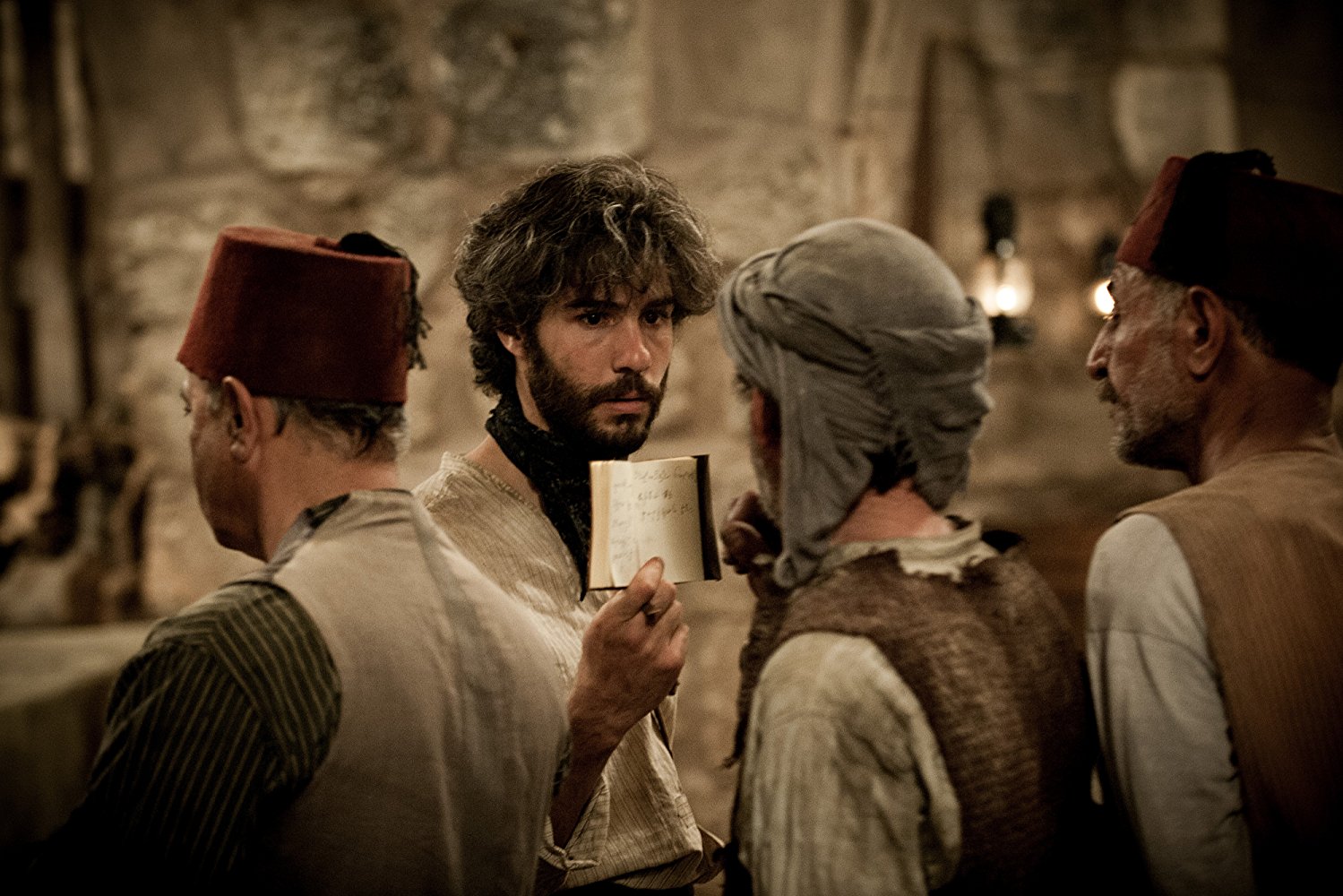Fatih Akin’s films provide audiences with a strident reminder that there is no typical immigrant or diasporic experience. Akin’s films, which often center around the experiences of German Turks struggling to find a place in between and amidst disparate cultures, manage to highlight the humor and levity of his characters in spite of the grit, struggle, and disharmony of their lives.
Akin’s exploration of the variegated lives of German Turks and other migrants starts with Kurz und schmerlzos, a 1998 feature-length film depicting the struggles of German youths Gabriel, Bobby, and Costa. Gabriel has just been released from prison, Bobby has gotten mixed up with a mobster, and Costa starts thieving.
This early film is followed by the award-winning Gegen die wand (2004) and Crossing the Bridge: The Sound of Istanbul, a 2005 documentary about the music scene in the namesake city. In 2007, Akin released The Edge of Heaven, another feature-length film featuring characters navigating cultural hybridity.
2009 saw the release of a comedy, Soul Kitchen, which, despite its lighthearted tone, returned Akin to the stories of multicultural Germans. This comedy was followed by another documentary, Polluting Paradise (2012) and The Cut (2014), a feature-length film about a survivor of the Armenian genocide.

Akin’s new film, In the Fade, was selected to compete for the Palme d’Or in the main competition at Cannes. In the Fade won the Golden Globe for Best Foreign Film.

Gegen Die Wand or Head-on seems representative of Akin’s reoccurring themes and emerging cinematic style. The film centers around the extreme and fated relationship of Cahit (Birol Ünel), a German Turk in his 40s who’s fallen into a self-destructive cycle following the death of his wife, and Sibil (Sibel Kekilli), a young woman whose unhappiness leads her to multiple suicide attempts. He drinks to excess, courts violence, and within the first few minutes of the film, drunkenly accelerates his car into wall.
While in the hospital, Cahit is approached by Sibel, also a German Turk, who seeks to escape life under her conservative parents. She asks Cahit to marry her; her parents will agree to the marriage because he too is Turkish.
Cahit refuses, initially, but soon relents, but not before denying her, for the third time. This refusal, which happens in a bar near the hospital, causes Sibil to break a beer bottle, which she uses to slit her wrists. On the way home, on the bus, the two have their first blow-up. Their fight makes them seem like a seasoned couple.
The liaison starts as a plutonic transaction, but the two soon fall in love. Cahit goes to prison when he kills one of Sibil’s former lovers in a bar. Sibil moves to Turkey, where a friend helps her get on her feet, though the longing she feels for Cahit and her own disillusionment drive her to excessive drinking and drug abuse. In these scenes Sibil resembles Cahit in the early scenes of the film.
Cahit and Sibil do not end up together. The two lovers experience a relationship that is passionate and violent, but it’s not enough to save either of them.

The film succeeds in not assigning the failure of the relationship to any one factor. Yes, Cahit suffers after the loss of his wife; yes, Sibil suffers under the traditional conservatism of parents; yes, the two fall victim to the casual racism of the people around them. But Cahit and Sibil also exhibit a large degree of agency and they relish in the freedom they find in their short tryst.
The chaos and confusion that ultimately results in Cahit’s and Sibil’s undoing is reinforced by Akin’s shaky camera that jerks about in the same way an onlooker might, a deliberate focus on the grittiness of the city in which they operate, and a soundtrack comprised of New Wave, industrial, and sad, traditional Turkish love songs.
In the end, Akin accomplishes a nuanced and particularized telling of an immigrant, multicultural, ethnic experience, though certainly not one that could be generalized. This is not the one-size-fits all representation of migrants and other exiles that’s often served up by mainstream media narratives.
